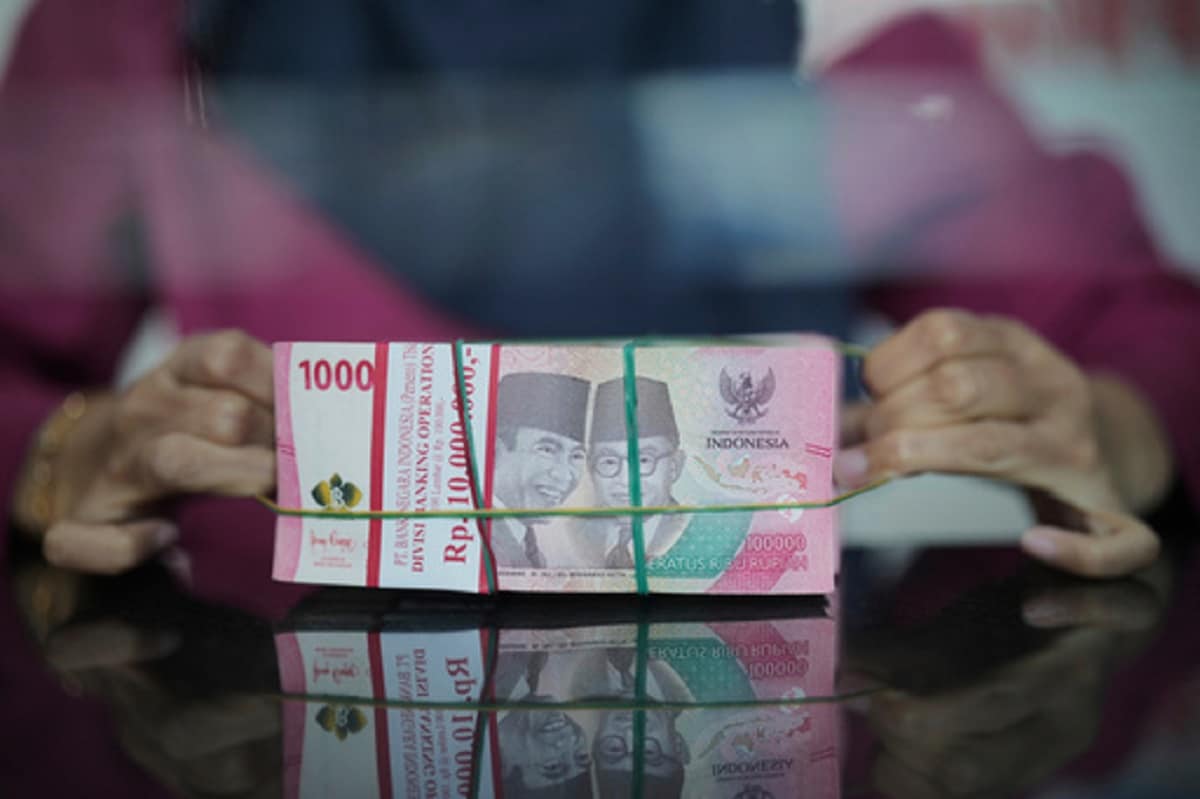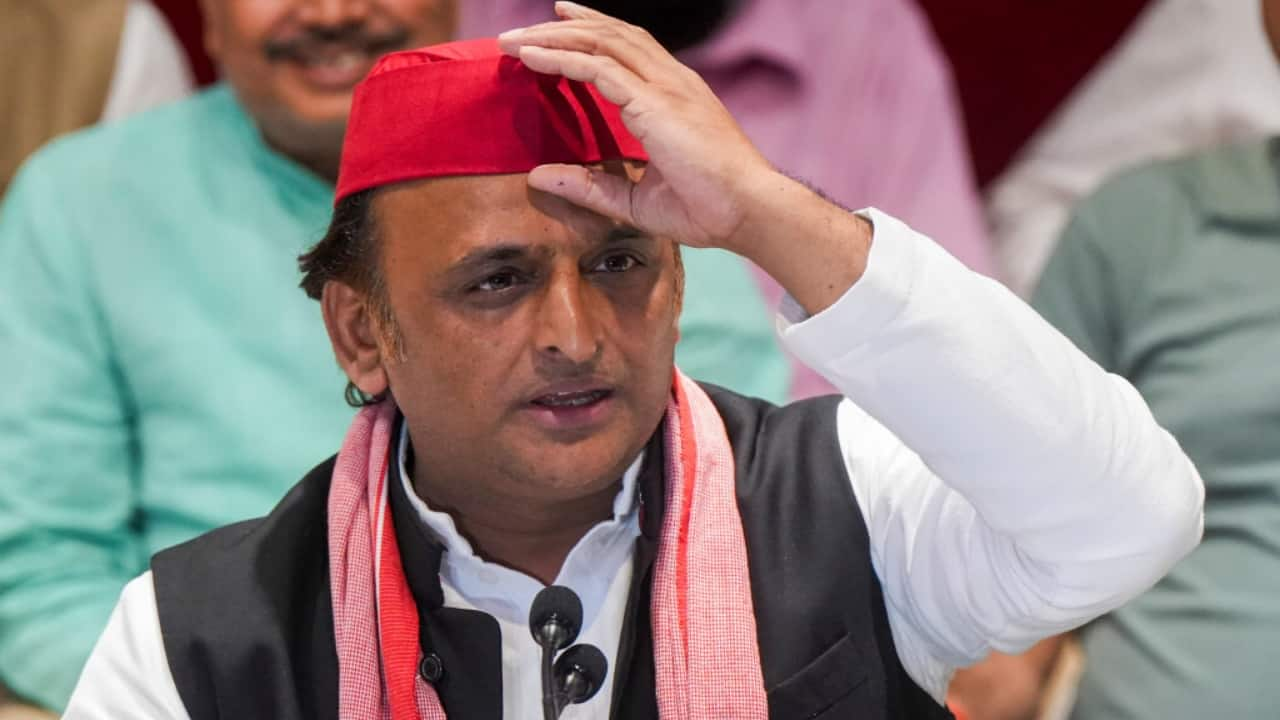BLOC POSITION An employee straps rupiah banknotes at a money changer in Jakarta, Indonesia, on April 10. The Association of Southeast Asian Nations has taken a cautious tone on the Trump administration’s unilateral tariff moves. —AP Trade ministers from the Association of Southeast Asian Nations (Asean) on Thursday offered a cautious response to the United States’ unilateral tariff moves, pressing for dialogue and avoiding retaliatory measures.
“We express our common intention to engage in a frank and constructive dialogue with the US to address trade-related concerns. Open communication and collaboration will be crucial to ensuring a balanced and sustainable relationship,” the officials said in a joint statement, which expressed concern about the tariffs and their impact. Following a special virtual session on Thursday, the ministers said they reaffirmed their support for a predictable, fair and rules-based multilateral trading system.

READ: Trump pauses most of his tariffs The 10-member Asean is collectively the world’s fifth-biggest economy and most of its members are heavily reliant on exports as a driver of growth. Manila emphasized the need for a coordinated regional approach and a thorough impact assessment to guide the bloc’s next steps. “Our session aimed to forge a unified regional response on the 90-day suspension of reciprocal tariffs, which we acknowledged as a positive, albeit temporary, development,” Trade Secretary Cristina Roque said in a statement.
Roque said the ministers agreed on the need to assess the full scope of the tariffs’ effects on Asean economies and develop mitigation strategies to shield regional interests and maintain investor confidence. “We recognized the necessity for a comprehensive impact assessment to fully understand the direct and indirect consequences of these tariffs on Asean member-states,” Roque pointed out. The Philippine official highlighted the strong consensus on the importance of open and constructive dialogue with the United States.
“This relationship, elevated to a comprehensive strategic partnership in 2022, transcends mere trade, encompassing significant foreign direct investment and forming a key pillar of Asean’s economic framework,” Roque said. To strengthen this partnership, she said Asean intends to enhance existing frameworks, such as the Trade and Investment Facilitation Agreement (Tifa) and the Expanded Economic Engagement (E3) Initiative Work Plan. The ministers are also looking at new potential agreements that would improve supply chain resilience and expand market access for the region, Roque said.
She said the Philippines also reiterated its support for the completion of two major regional deals—the Asean Trade in Goods Agreement Upgrade and the Asean Digital Economy Framework Agreement—both of which are expected to advance this year. These pacts are aimed at modernizing intra-Asean trade and positioning the region for digital growth. “Recognizing the evolving global economic landscape, we seek to diversify and deepen trade and investment ties with other countries,” Roque said.
She reaffirmed the Philippines’ commitment to working with its Asean neighbors to strengthen partnerships and navigate the challenges of a shifting economic environment. US President Donald Trump announced his latest controversial trade policy on April 2 (US time), branding it as part of his so-called Liberation Day. It slapped punitive tariffs on some Asean members: Cambodia at 49 percent, Vietnam at 46 percent, Thailand at 36 percent, Indonesia at 32 percent, and Malaysia at 24 percent.
The Philippines was levied 17 percent, while Singapore faced the minimum tariff of 10 percent. In a surprise move, Trump announced a temporary pause on the tariffs on April 9, providing an opportunity for further discussions with affected countries. Frederick Go, the President’s special assistant for investment and economic affairs, on Thursday said he would visit Washington soon to negotiate the tariff imposed on Manila’s exports to the United States.
“We have reached out to the United States Trade Representative (USTR). We’ve communicated with them our desire to engage in a meeting or dialogue,” Go said at a Malacañang press briefing. He said the USTR “positively responded” to Manila’s request.
Go said he would negotiate, not appeal, the new tariff on exports from Manila. “This is a negotiation. Of course, in my opinion, the best possible outcome is a free trade agreement.
[This] means zero tariffs on their side, zero tariffs on our side. That’s probably the best possible outcome of that meeting. But again, it’s open communication, dialogue, and cooperation.
Let’s see what we can negotiate,” he said. Subscribe to our daily newsletter By providing an email address. I agree to the Terms of Use and acknowledge that I have read the Privacy Policy .
In 2024, exports to the United States from the Philippines reached $14.2 billion, or 6.9 percent higher than the $912 million recorded in 2023.
—WITH A REPORT FROM REUTERS.
Business

Cautious Asean seeks dialogue with US on tariffs

Trade ministers from the Association of Southeast Asian Nations (Asean) on Thursday offered a cautious response to the United States’ unilateral tariff moves, pressing for dialogue and avoiding retaliatory measures. “We express our common intention to engage in a frank and constructive dialogue with the US to address trade-related concerns. Open communication and collaboration will














